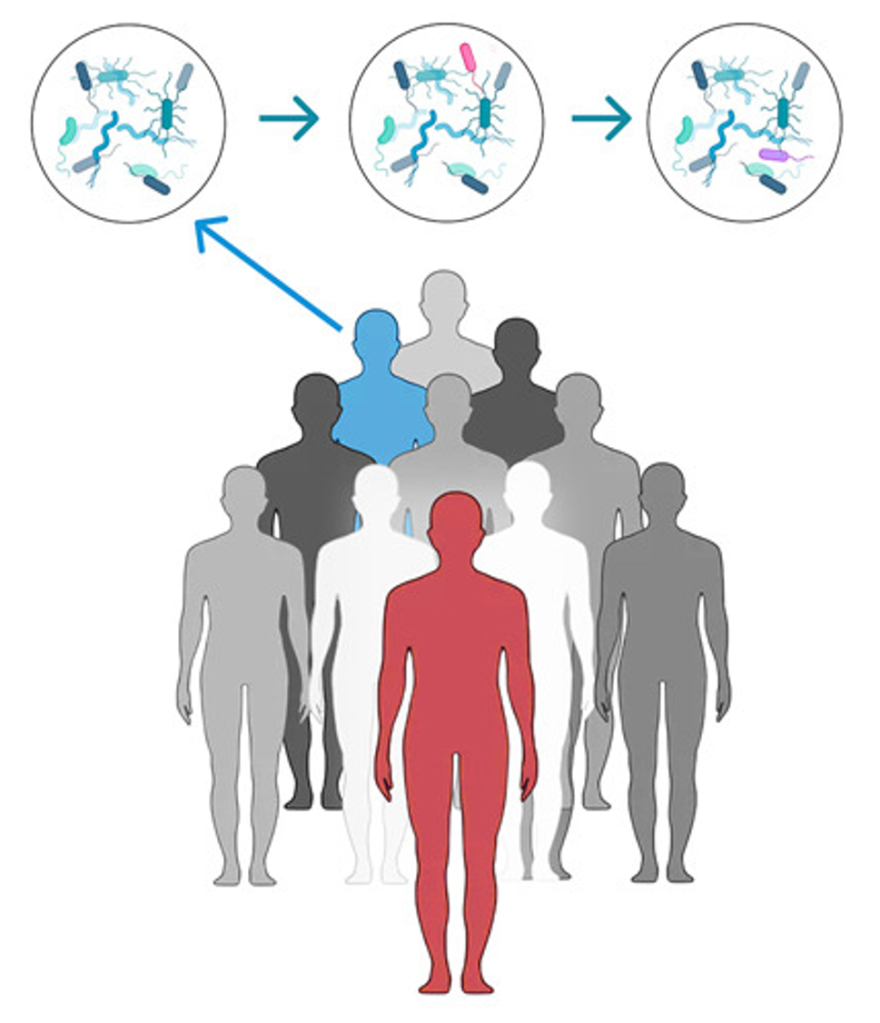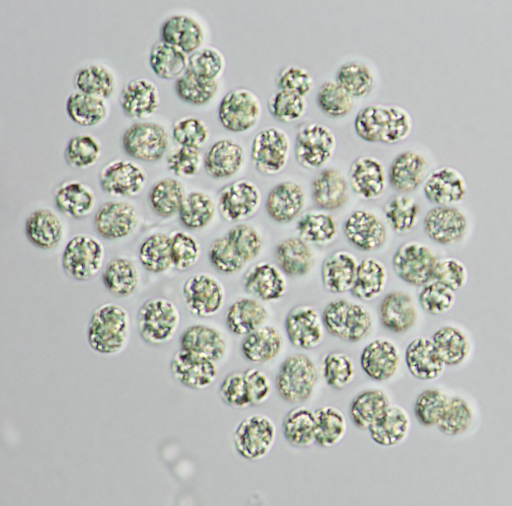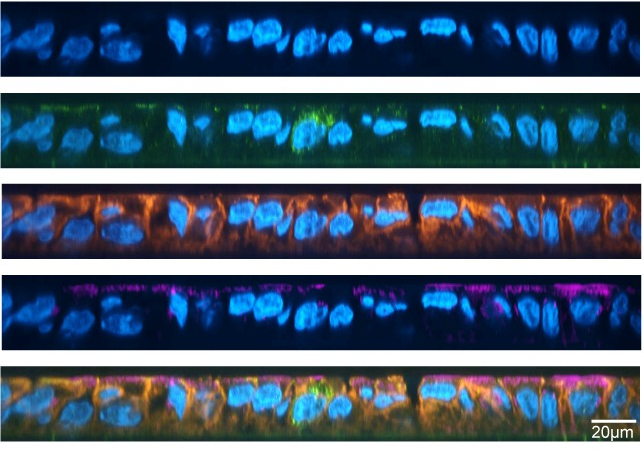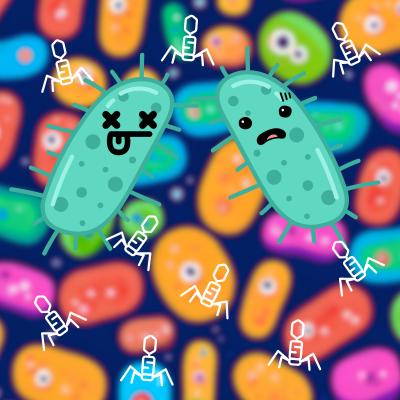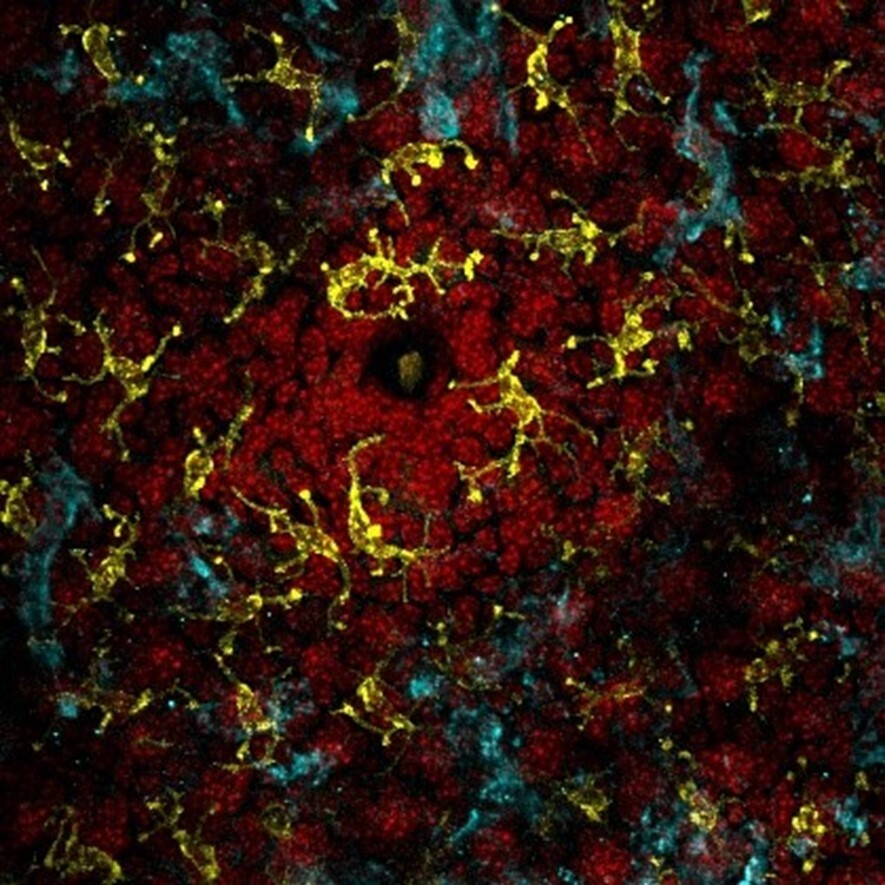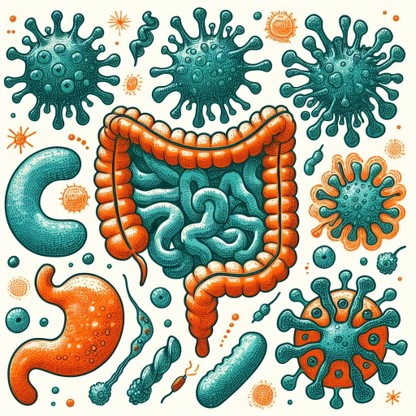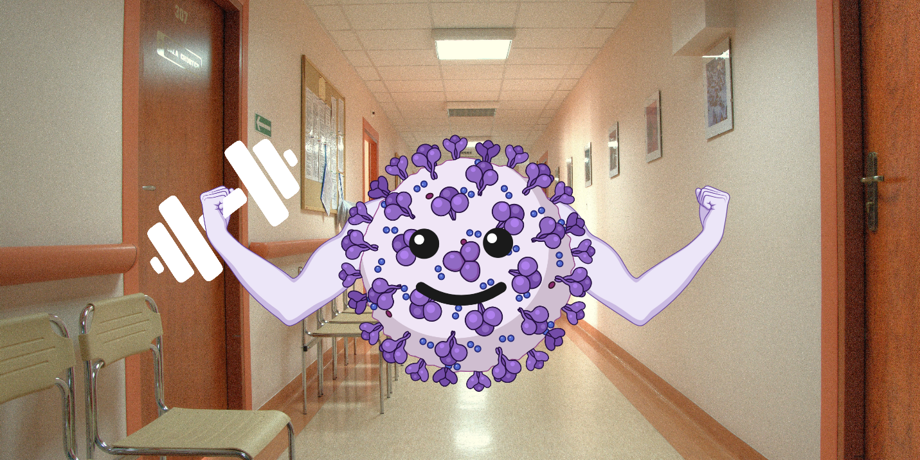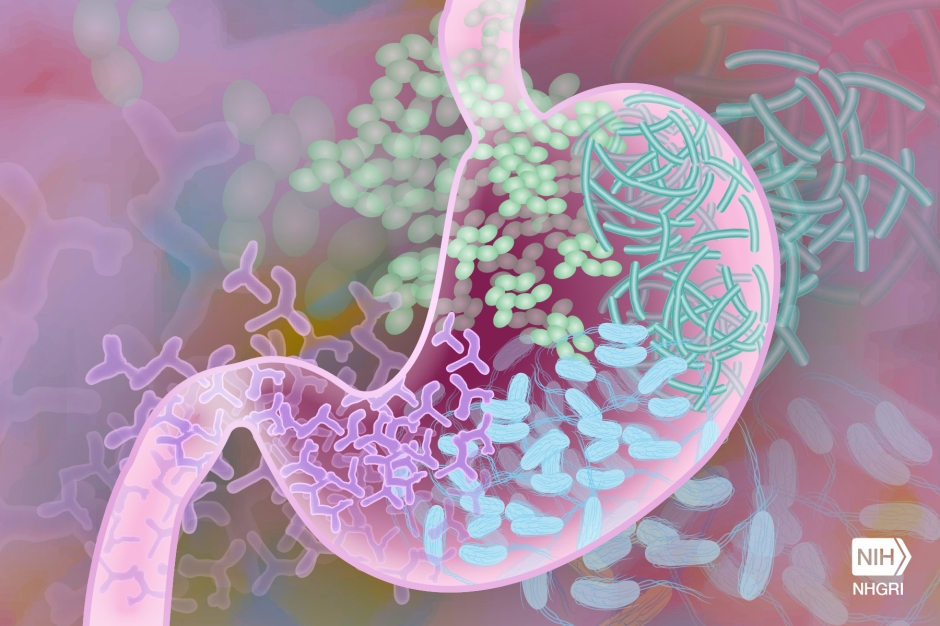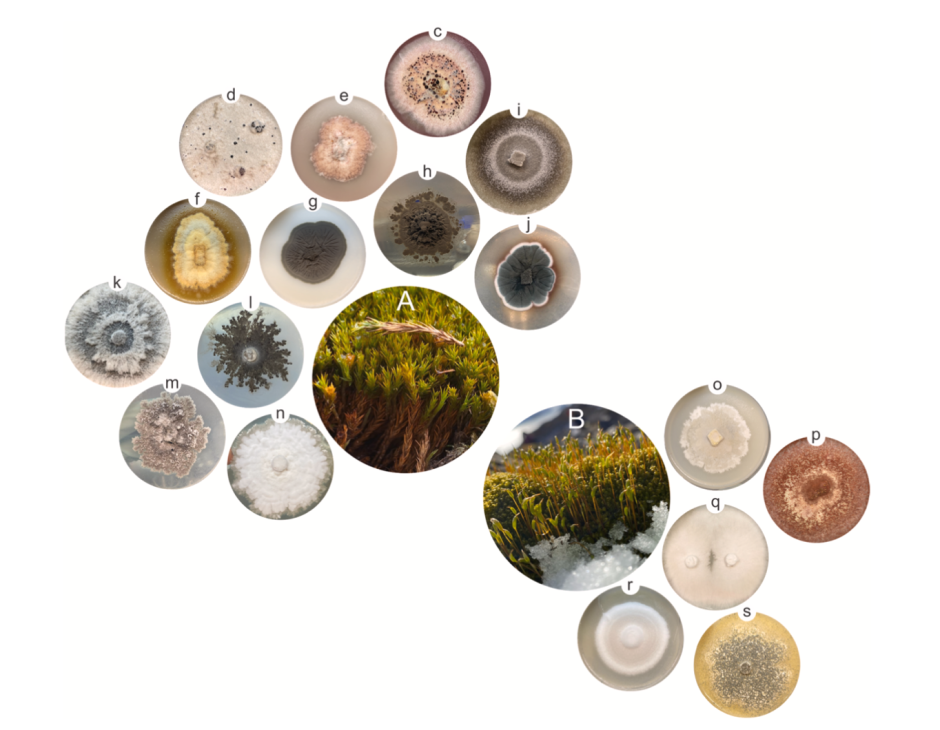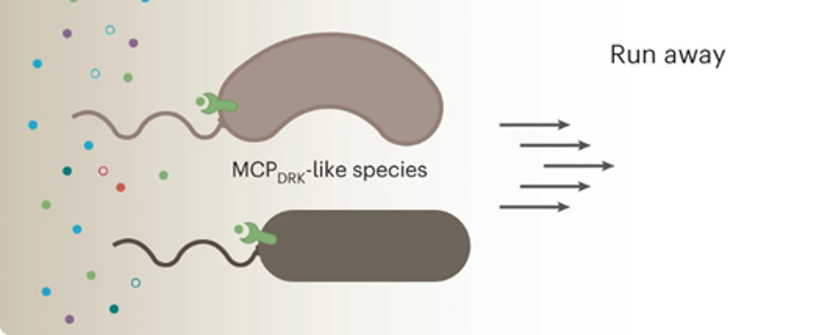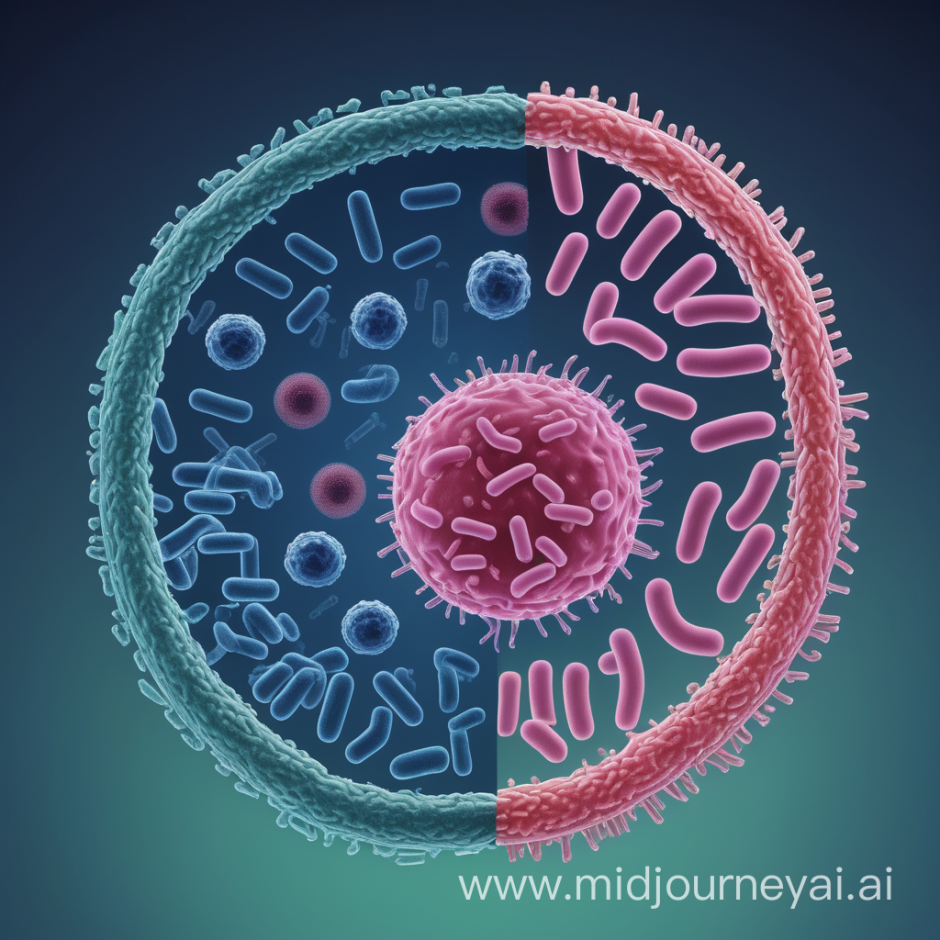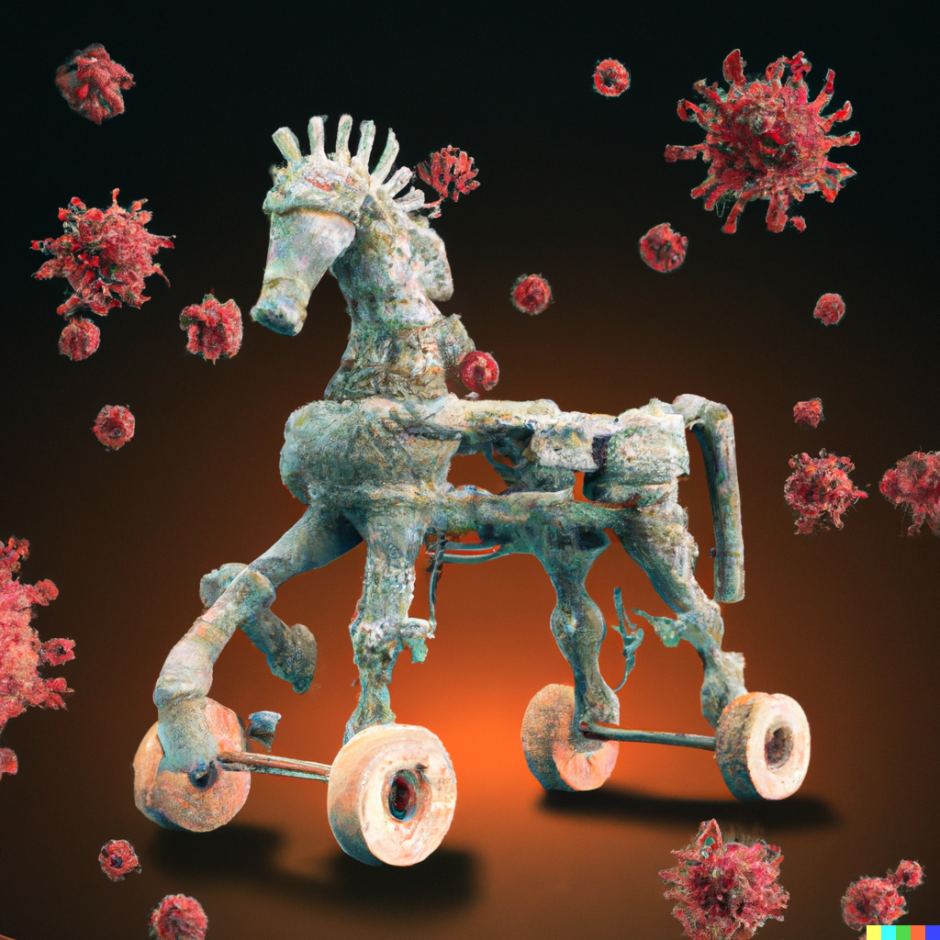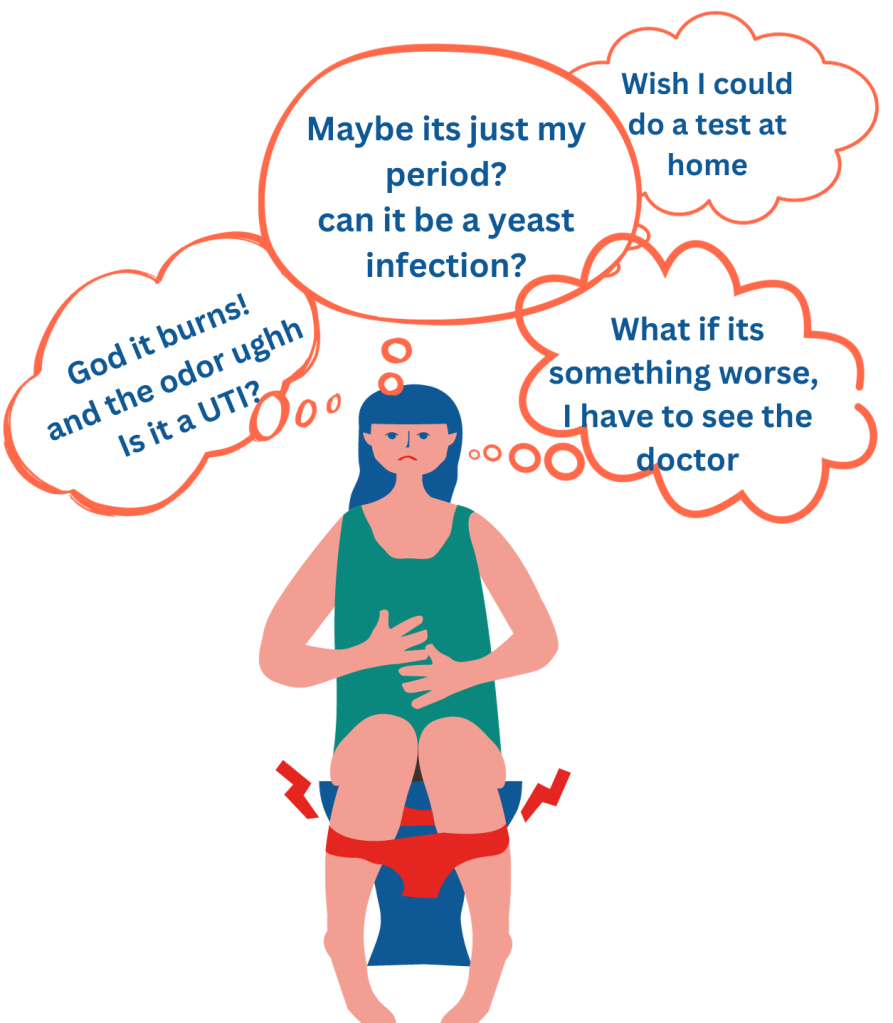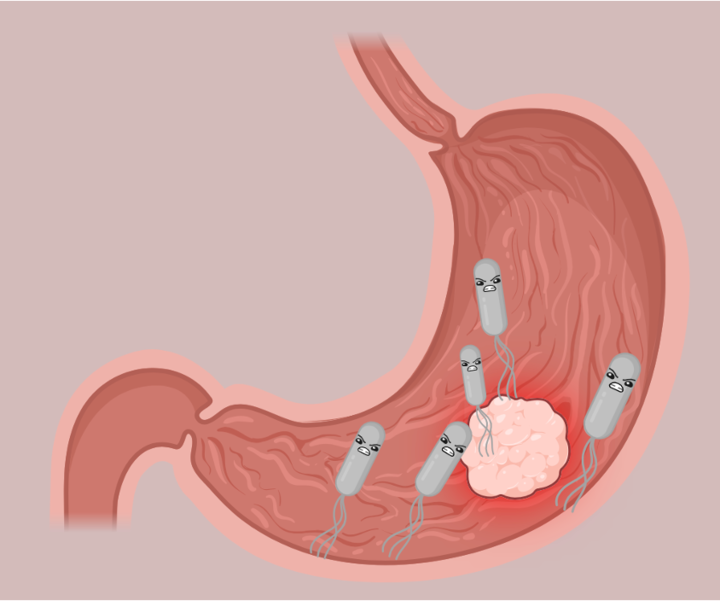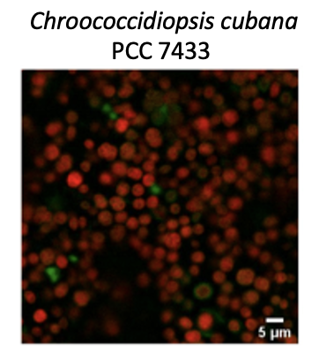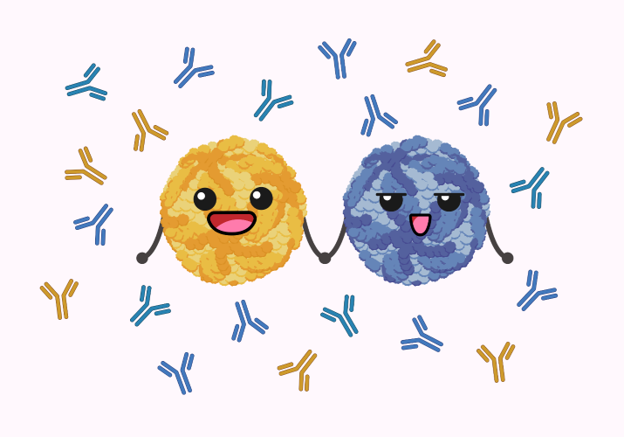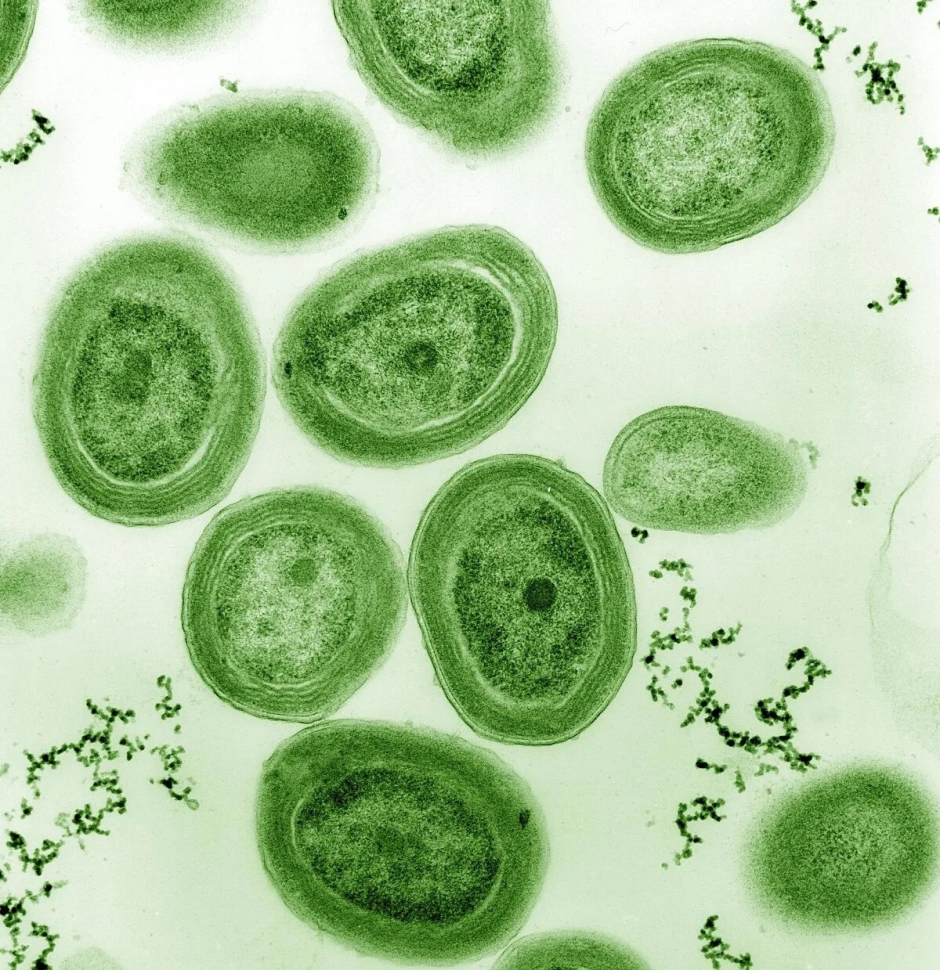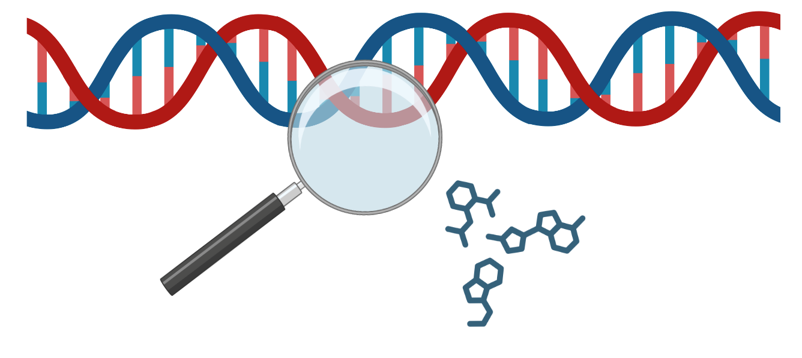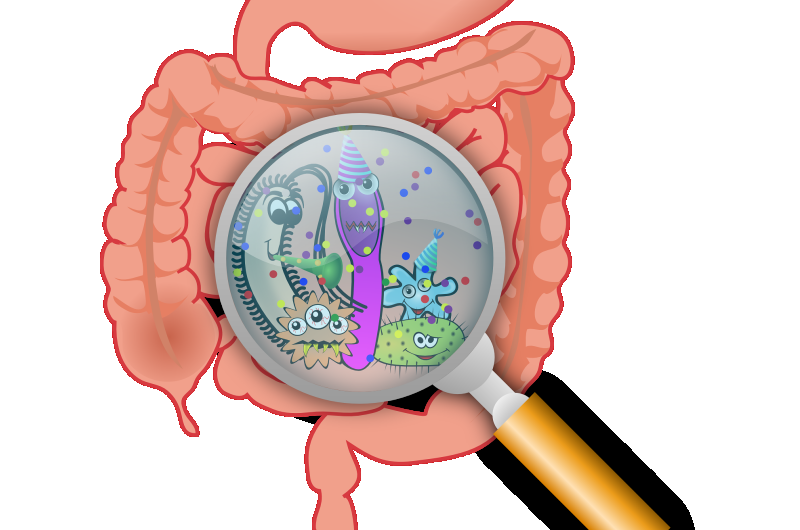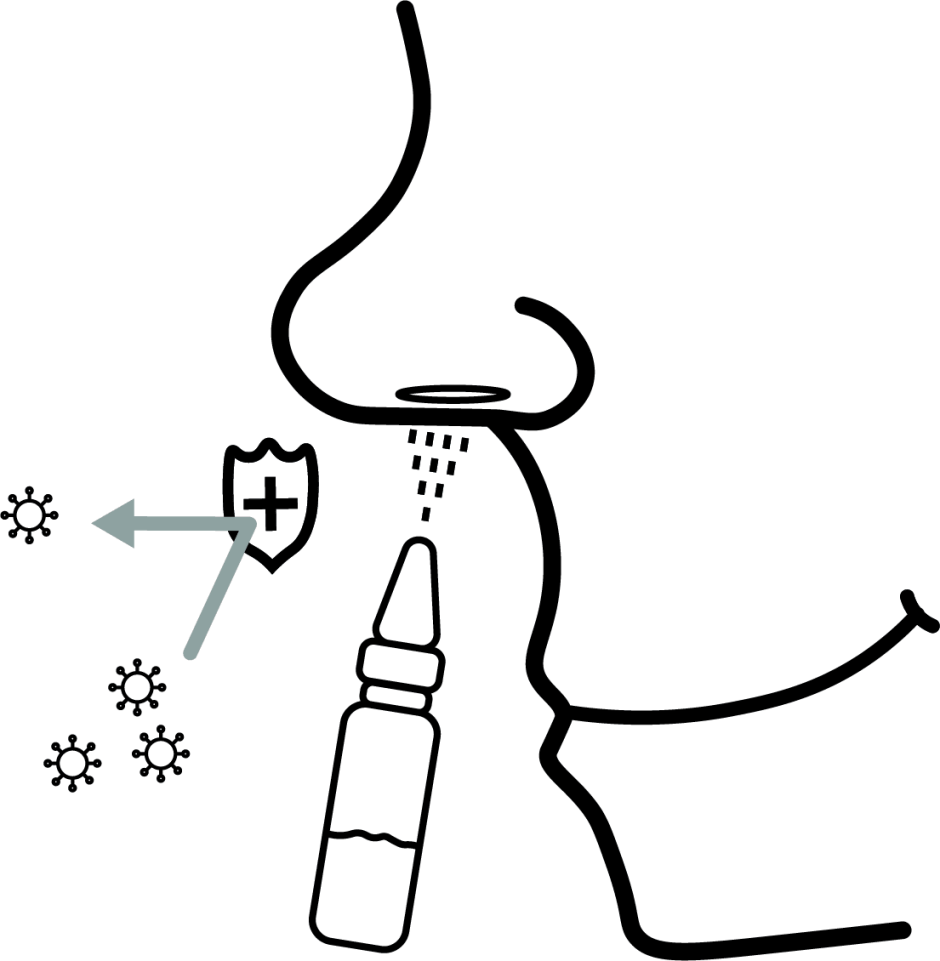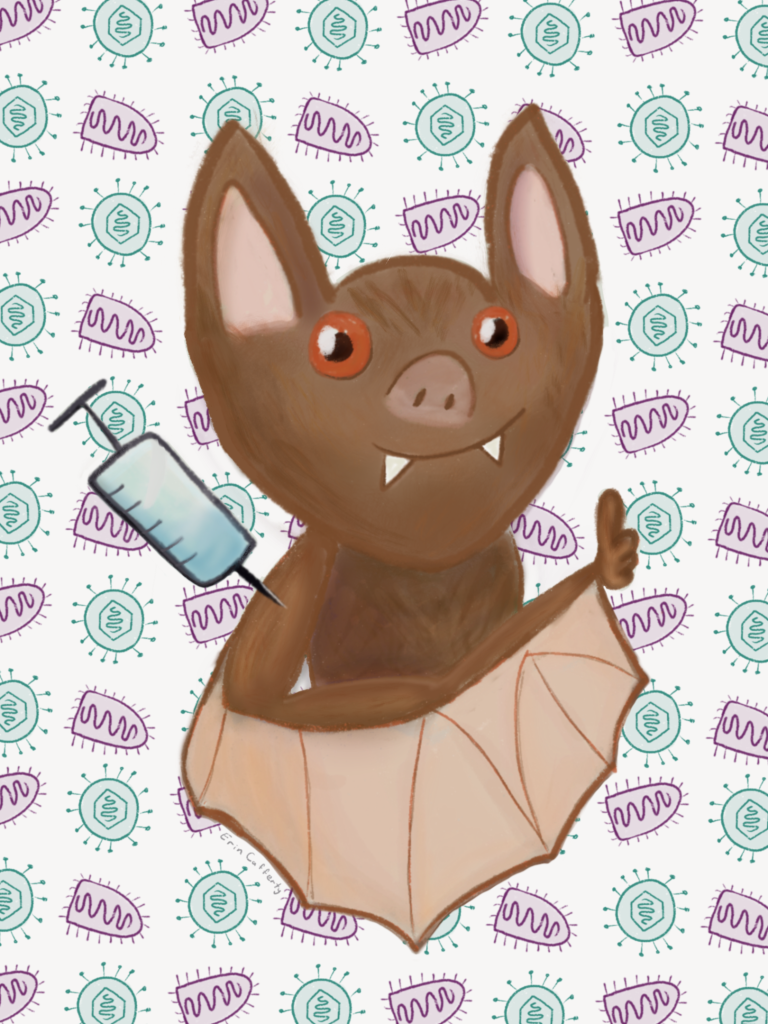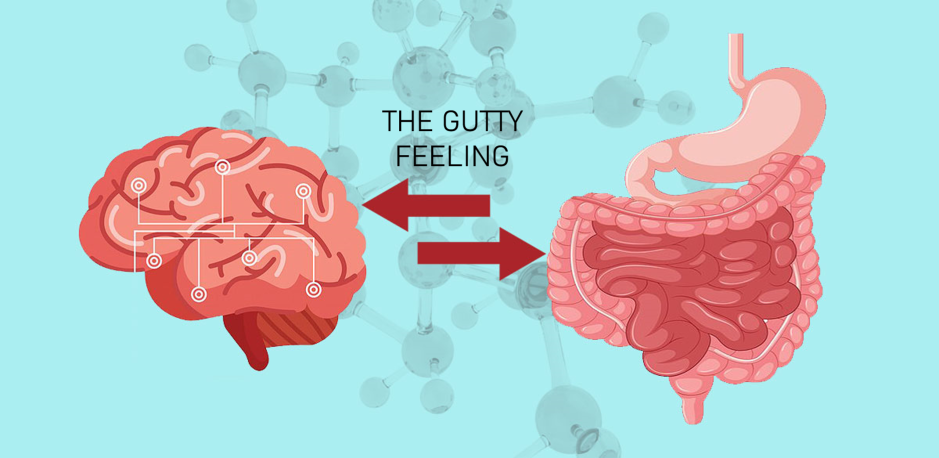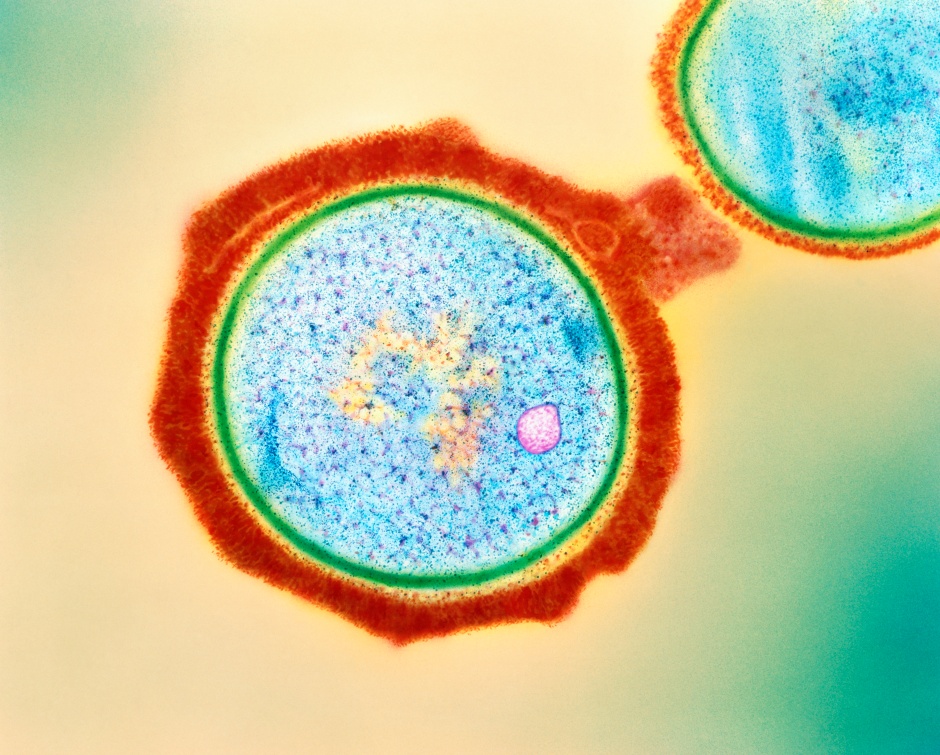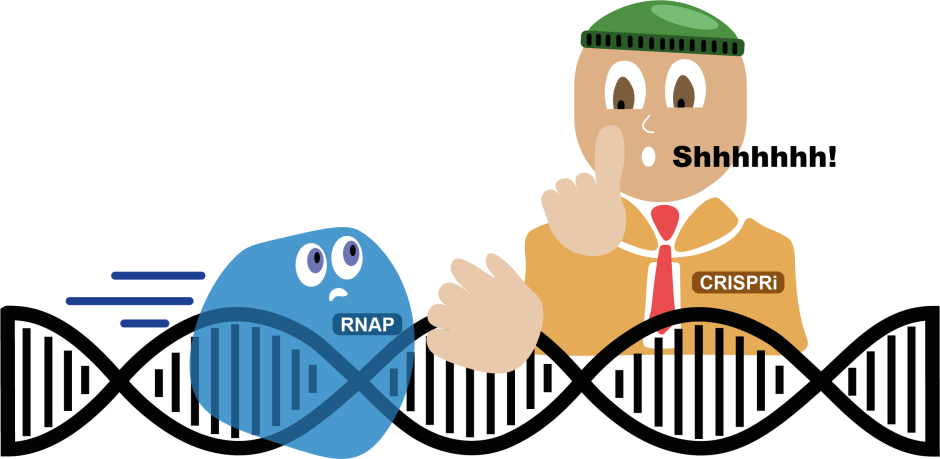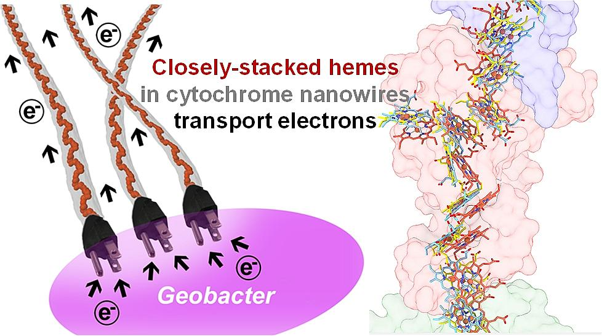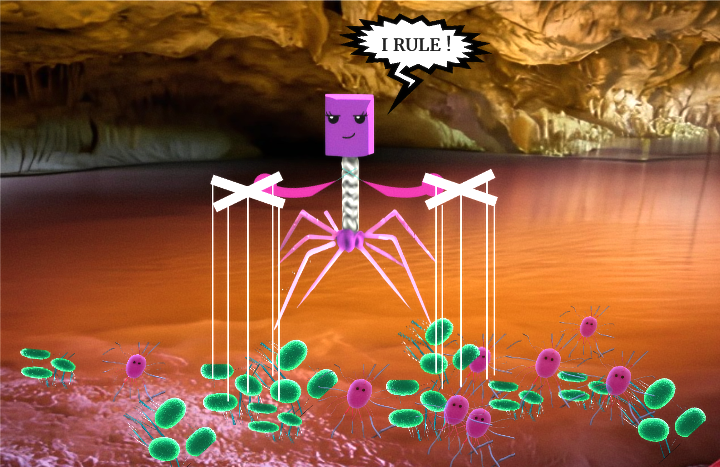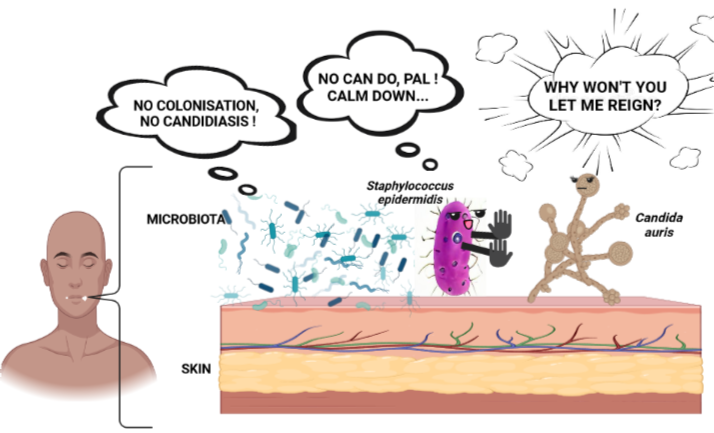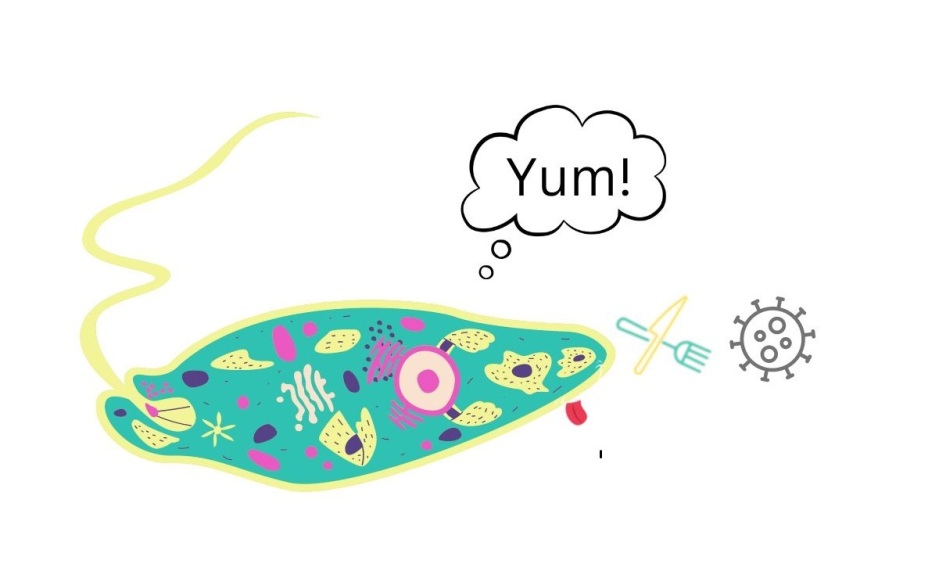
Breaking down the microbiology world one bite at a time
Immune troubles and the anxiety that sticks around
Most people either know someone who has experienced a mental disorder or have experienced one themselves. In 2019, the World Health Organization published its largest-ever review of mental health. They found that nearly 1 billion people were living with a mental disorder. The COVID-19 pandemic only exacerbated the problem, with depression and anxiety increasing by 25% in the first year of the pandemic. By 2023, in the US, over 30% of adults reported symptoms of anxiety and depression.
The causes of mental disorders in humans are vast and poorly understood. While genetics, stress, and trauma are all known to contribute to mental illnesses, symptoms in some people seem to lack explanation.
However, new research has shown that you really can blame your parents for everything. On top of all the other complications that come with pregnancy, pregnant people are also more likely to get viral and bacterial infections. When the body tries to fight off these infections, it activates the immune system, commonly called maternal immune activation.
Maternal immune activation has already been associated with neurological disorders in offspring, like schizophrenia, autism, and depression – but why this happens is poorly understood. Researchers at the University of Southern California and Emory University School of Medicine looked at epigenetics to find answers.
Epigenetic changes alter the gene function but do not change the code of the DNA itself. Think of DNA as the road and epigenetic changes as the stoplights, letting the body know whether a gene should be expressed. These changes can be acquired at any point during life, even when you’re just a clump of cells developing in the womb.
Scientists theorized that an active immune system in the womb could cause epigenetic changes to arise, affecting behavior later on in life. To answer their questions, researchers turned to a mouse model and the Zika virus to investigate these intricate processes. Animal models are commonly used to study neurological development, as testing on babies is not always ethical. Additionally, animal models have already corroborated the link between maternal immune activation and neuropsychiatric disorders.
In terms of choosing a virus to activate the immune system, Zika virus is already known to affect developmental processes in infants when a mother is infected, so it is not a giant leap to make that the virus might also cause other neurological disorders like depression. Previously, the researchers themselves have shown that maternal Zika infection in mice can result in autistic-like behaviors in offspring.
Similarly, when they infected pregnant mice with Zika, their offspring had symptoms of anxiety and depression, measured through their activity and willingness to explore their enclosures. Mice with anxiety and depression are less active and hide more often than healthy and happy mice. Interestingly, a higher dose of the virus resulted in more prevalent symptoms. However, the real focus of this study was the underlying molecular mechanism that caused depression and anxiety.
To determine what was happening on a genetic level, the researchers looked at the differences in gene expression in the brains of the mice. In mice born from Zika-infected mothers, they found a dysregulation in gene expression for genes involved in development. Specifically, there were differences in expression for a group termed immediate-early genes. These genes are characterized by their ability to respond rapidly to stimuli like hormones, temperature, and stress. Mutations in these genes have already been associated with many psychological disorders.

When looking at the differences in gene expression for specific cell types found in the brain, there was a high dysregulation of gene expression in inhibitory and excitatory neurons. Neurons are the special cells that transmit information in the body; excitatory neurons pass information along, while inhibitory neurons act as a brake in the communication network. This further supports the idea that maternal immune activation has a long-term effect on genes associated with neurological function and development.
But what is causing the dysregulation of gene expression? To gain some insight, the researchers looked at epigenetic changes in the brain tissue of the mice. They found many downregulated genes had differences in methylation – an epigenetic modification that can either increase or decrease gene expression depending on location.
Genes associated with neuropsychiatric disorders and neurodevelopment showed higher methylation in mice with Zika-infected mothers, which caused increased expression of these genes and could explain the higher levels of depression and anxiety observed. Similarly, the researchers also observed lower levels of expression tied to epigenetic changes in genes associated with neurodevelopment and social behaviors.
It is clear that maternal immune activation results in a dysregulation of genes that are important for development. This disruption in normal brain processes likely contributes to developing psychiatric disorders later in life.
Given the current mental health crisis, understanding all the factors that play into the development of mental disorders is vital. Understanding how our environment, even in the womb, could cause us problems years later gives researchers and doctors new avenues to prevent and someday treat these illnesses.
Early intervention during maternal immune activation could reduce future cases of mental disorders. In the meantime – I am going to ask my mom if she caught a cold during her pregnancy; it would explain a lot.
Link to the original post: Ma, L., Wang, F., Li, Y. et al. Brain methylome remodeling selectively regulates neuronal activity genes linking to emotional behaviors in mice exposed to maternal immune activation. Nat Commun 14, 7829 (2023). https://doi.org/10.1038/s41467-023-43497-4
Featured image: Siyba on Pixbay


